UK government denied lesbian refugee ‘because she’d been married to a man’
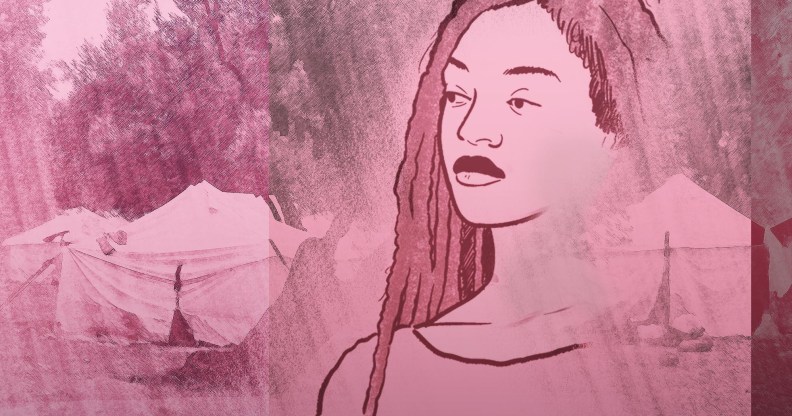
A new report looks at the experiences of lesbian and bi women seeking asylum. (PinkNews)
The Home Office routinely disbelieves lesbian and bisexual women when they claim asylum on the grounds of sexual orientation, a new survey has found.
Research conducted by Women for Refugee Women (WRW) details the experiences of 24 lesbian and bisexual female refugees who sought a home in the UK.
Of those, 16 told the Home Office, in their initial asylum application, that they feared persecution on the basis of their sexual orientation. The 11 women who gave more detail on the outcome of their case said they were subsequently denied asylum.
The respondents claimed that in the majority of those cases, the Home Office simply did not believe that they were truly lesbian or bisexual.
Anu, a Nigerian woman who underwent forced genital mutilation as a teenager when her mother found out she had a girlfriend, said she travelled to the UK on a student visa in 2012.
In the UK, she married a man, following pressure from her parents, but the marriage was short-lived. After the separation, her parents cut her off and refused to pay her tuition fees.
When her student visa ran out, she was held in a government detention centre for six months. She felt unable to tell the Home Office about her sexuality because of her past traumas, which resulted in her asylum application being denied.
When she appealed and opened up about her sexuality, the Home Office argued she wasn’t a lesbian because she had been married to a man.
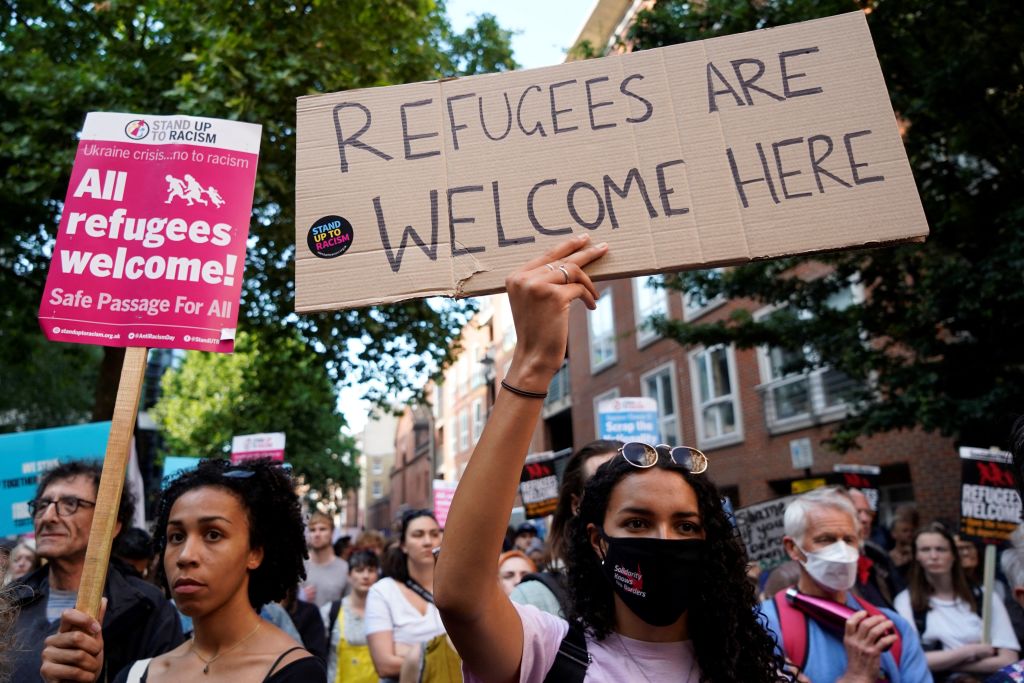
“I wish the Home Office would treat us as human beings and believe us when we share our trauma,” Anu said.
“I have a degree in my home country and my family are averagely well off. If things were equal and I could be accepted as a lesbian in Nigeria, I would not have left. But the opposite is the case.”
Anu was subsequently granted refugee status after appealing her case.
Lesbian and bisexual refugees experience significant trauma
Like Anu, the majority (90 per cent) of those who took part in the survey arrived in the UK on student or tourist visas.
More than 80 per cent of respondents didn’t apply for asylum within the first month of their arrival – most didn’t know they could make a claim based on sexual orientation.
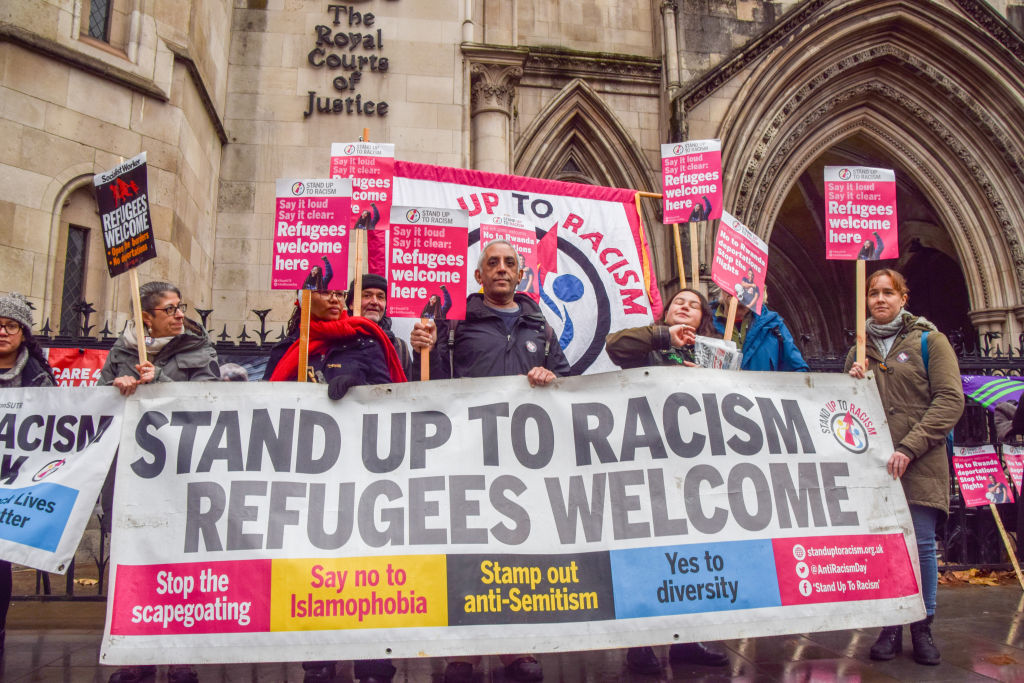
Meanwhile, 12 respondents said they were too traumatised by past persecution, or were so afraid of being disbelieved, that they avoided applying.
One respondent said: “Being a refugee in a new country, you don’t trust people easily. When you’ve gone through so much hatred, so much abuse… it’s hard to open up and trust people.”
Others feared rejection or reprisal from their own diaspora communities.
One woman, Beatrice, said: “My community members were against anything to do with sexual orientation. But I depended on them for food, basic needs and accommodation.”
Six other women said they felt ashamed of their sexual orientation and needed time to understand and accept their identity before applying.
When participants did eventually apply for asylum, they were forced to go through traumatising interviews with Home Office officials.
Augusta said being interrogated about her sexuality “messed with her head”.
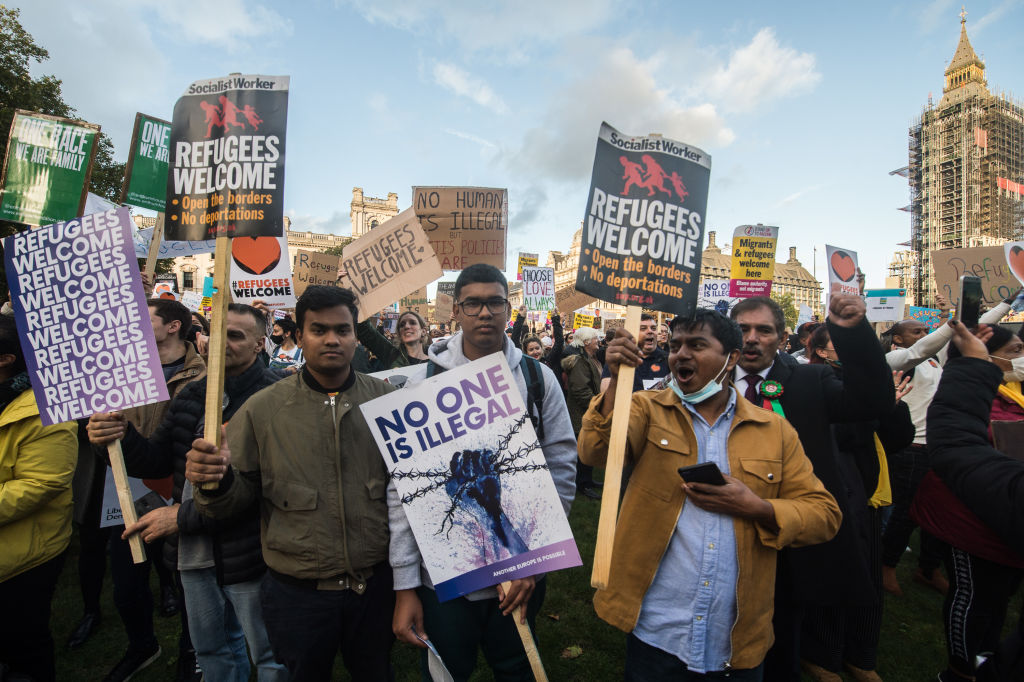
“The Home Office refused my asylum claim in 2018, saying that they didn’t believe my sexuality. I went to court several times, even with my then-girlfriend. I don’t know what else they wanted from me.”
In its report, Women for Refugee Women said the findings “are consistent with the well-documented culture of disbelief that operates within Home Office decision-making”.
The report added: “Research shows how LGBTQ+ people face serious hurdles in proving their claims to an impossible standard, and are routinely denied asylum on spurious grounds.”
In a press release announcing the research, WRW said the government’s recently announced Illegal Migration Bill “destroys the right to seek asylum for women who have fled homophobic persecution and gender-based violence”.
The organisation is now calling on the government to engage with queer women to ensure the system is centred on belief and fairness.
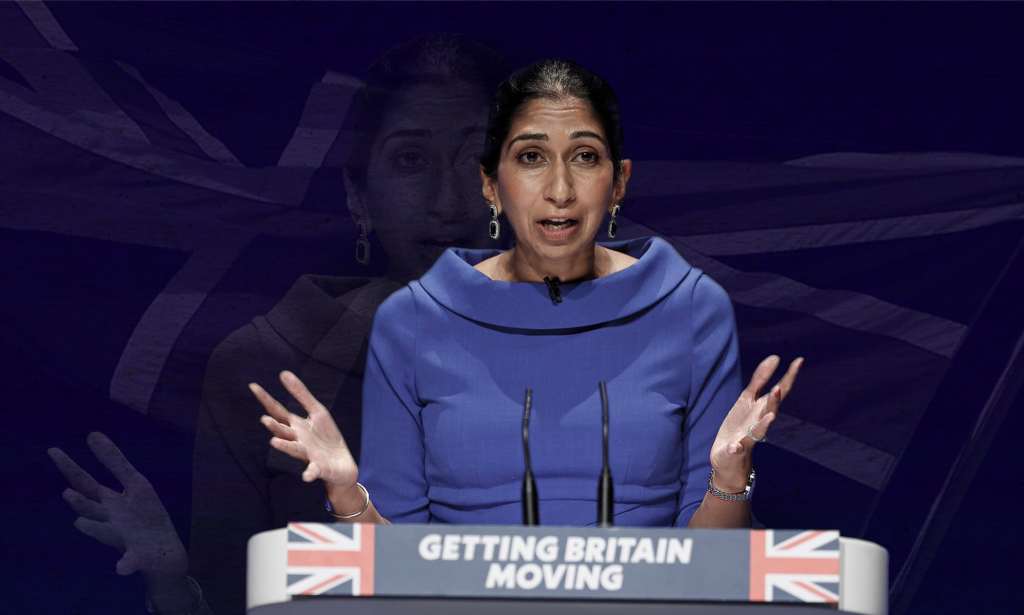
“This report highlights the serious hurdles faced by lesbian and bisexual women seeking asylum, many of whom escape to the UK after suffering both gender-based and homophobic abuse,” Priscilla Dudhia, campaigns and advocacy manager at WRW, and author of the research, said.
“The findings provide yet more evidence of the urgent need for an asylum system that supports women to share their stories and treats those stories with belief.”
Dudhia added: “What more evidence do we need of this culture before our politicians decide that enough is enough?
“Women like Anu and Augusta deserve safety and a shot at rebuilding their lives.”
When approached for comment, a Home Office spokesperson said: “No one should be persecuted because of their sexuality or gender identity, and the UK can be rightly proud of its record in providing protection to individuals fleeing persecution based on their sexual orientation or gender identity.
“Individuals claiming to be at risk of persecution on the grounds of their sexual orientation are, however, expected to be able to satisfy us that they are, or are perceived to be, of the orientation in question. Confirmation of this is normally obtained through their oral testimony at an interview with trained caseworkers.”
How did this story make you feel?

